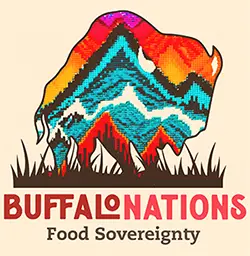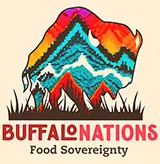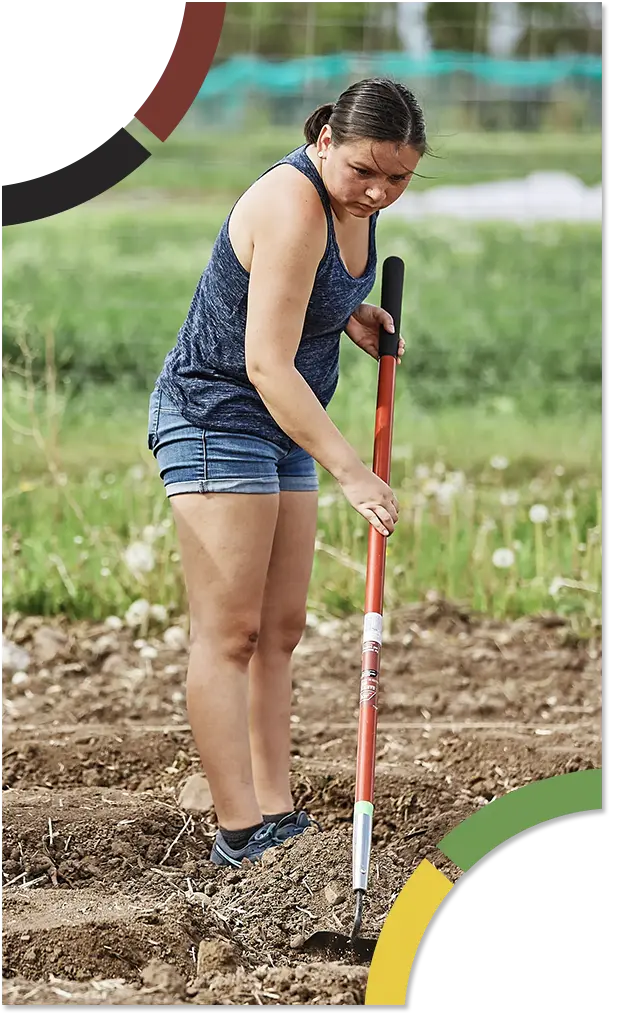LAND GRANT INSTITUTIONS WORKING TOGETHER
As a state institution endowed by the land itself, Montana State University supports the development and prosperity of Indigenous food systems in this region as they are currently being re-created by the Native nations of the Northwestern Plains and Rockies. MSU is the primary four-year institution of choice for Native students in Montana.
The Department of Native American Studies was recently accredited under the World Indigenous Nations Higher Education (WINHEC). MSU has substantial capacity for credentialing Indigenous food systems professionals and conducting Indigenous-led research relative to Indigenous food sovereignty.
Through Indigenous-led partnerships with other Land Grant institutions, the Tribal Colleges Units throughout the biocultural region, BNFSI is grounded in Indigenous knowledge of food systems and the priorities of Native nations. By partnering with tribal colleges and developing integrated programming at MSU, we envision building a strong research and education network in support of the re-vitalization of Buffalo Nations’ food systems.
WORKING AS A BIO-CULTURAL REGION OF RELATIVES
The Buffalo Nations food system was sustained through a web of relationship including the Land and the People. Moving beyond colonial boundaries (state, provincial, and federal) we are working together again in support of the web of relations.



